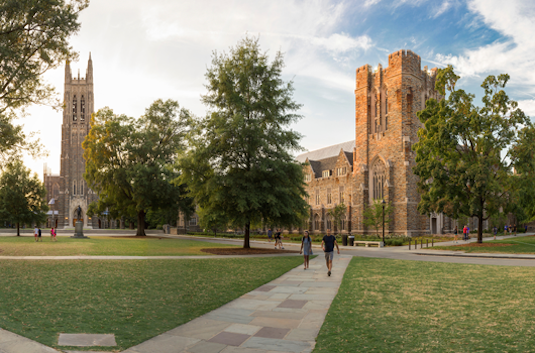BioE Seminar: Using Cell Priming and Telecommunications Modeling to Understand and Enhance Nonviral Gene Delivery to Stem Cells

Abstract: Gene delivery can revolutionize treatment and prevention of diseases but requires a carrier to transport exogenous genes into cells to produce an encoded protein. Nonviral gene delivery carriers are an attractive alternative to viral systems because of low toxicity and immunogenicity, lack of pathogenicity, inexpensive synthesis, and easy modification. Common nonviral delivery techniques use biomaterial DNA carriers to electrostatically condense or physically entrap DNA, producing a nanoparticle that promotes cell association and transfection. However, nonviral delivery systems suffer from a lack of efficiency compared to their viral counterparts, especially in adult-derived stem cells. Previous investigations into enhancing transfection of nonviral systems have focused on physicochemical modification of carriers to overcome barriers that limit efficiency. However, design of DNA delivery systems is limited because specific molecules that facilitate transfection remain unknown. In our work, we have used microarray analysis of transfected cells to identify molecular mediators of nonviral gene delivery as potential endogenous targets for rational design of carriers, and are developing the idea of "cell priming" of those targets as a simple and clinically translatable strategy for improved gene transfer. In cell priming, a pharmacologic agent is delivered to cells prior to delivery of DNA to modify cellular responsiveness to gene transfer.






